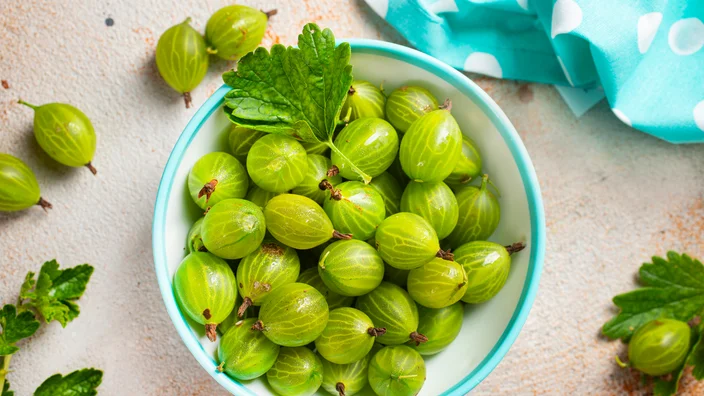
Part 1: Intuition-Becoming a Business Visionary in the New Normal
December 2, 2020

This week’s post is brought to you by Zilis’ Senior Innovation Strategist, Gabriel Ettenson who demonstrates in Part 1, how we should shift from relying so heavily on thought to a more balanced approach where intuition can assist us in succeeding in this new normal.
“I believe in intuitions and inspirations…I sometimes FEEL that I am right. I do not KNOW that I am.”
– Albert Einstein

Yes, it was indeed Albert Einstein that made great efforts to establish the incredible contribution of intuition to his life’s work. Yet, despite statements like those above, he has gone down in history as one of the world’s “brightest minds” rather than one of the world’s “greatest intuits.” His perceived strength was his incredible mind and ability to think rather than the unique efficiency by which he was able to access universal knowledge, an intelligence which was beyond his own experience, and leverage it to become a visionary contributor to the evolution of mankind.
At the end of the day, Einstein’s success, like many others whose fame has continued long after death, was his ability to use thought like a sharp tool, a tool with which he was able to slice with precision through the visionary fabric of intuition. He appreciated both the results of an intense analytical process as well as the great knowledge he could access when the mind went quiet, thought fell into the background, and new information was permitted to emerge and take shape.
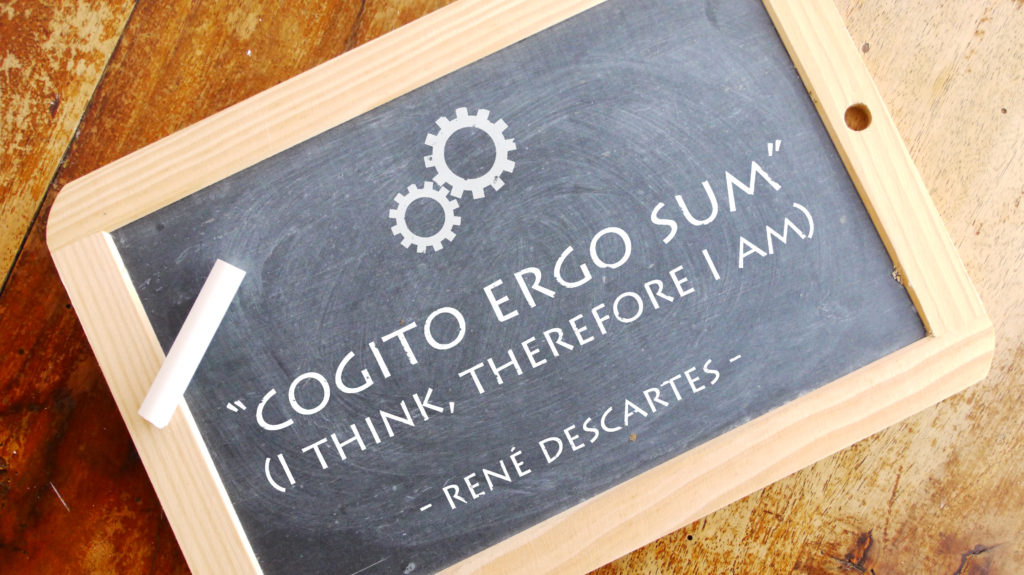
The period of human history inspired by Descartes’ famous statement, “I think therefore I am” must inevitably evolve; and there is no better time than now for that to happen. I am not suggesting that thought and analysis do not have great value. They certainly will never fail to have relevance in making business decisions, but the mistaken emphasis on their utility during periods of rapid professional change, where unique approaches to how we conduct business must take center stage, is quite evident at this moment in time.
The reason this is the case is because, when faced with the task of creating something not yet seen, we have a tendency to, for the sake of the comfort it brings, search our minds for familiar past experiences and project them into the future with the hopes that it will inevitably form itself around those easily recognizable expectations. But with the increased obsession over negativity brought about by the media, we are combining these two elements to not just project an unoriginal future based on our past, but overlay it with fear, worry, concern and desperation. Most would agree it is hard to imagine something innovative being derived from this particular state of mind.
In the post-coronavirus economy, the term “don’t overthink it,” long believed to simply be a convenient means of breaking someone out of analysis paralysis, can now take on the meaning it was originally intended for. Much like the evolving science of the gut is suggesting it is in fact our second brain, also coincidentally being seen as the key to our immune system, we can properly interpret this statement as a suggestion to stop relying on our minds so much and start, instead, to listen to our gut.
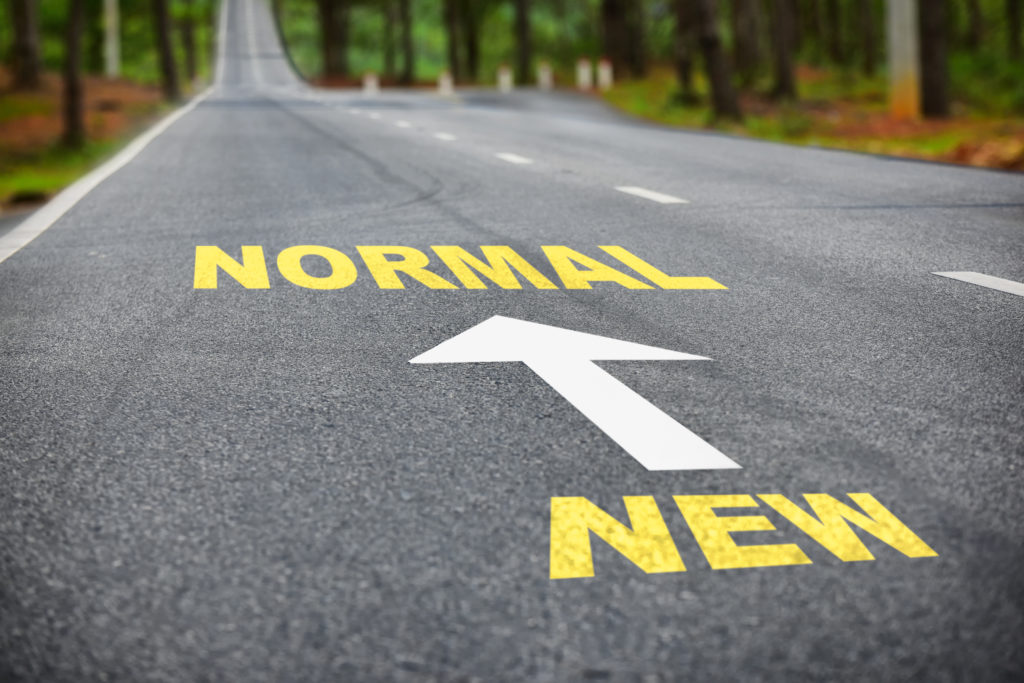
The pandemic has been at the world’s door for nearly a year now and despite the efforts of the world’s most advanced analytical think tanks, the best methods of navigating society thus far appear to be using free time to rage on social media against opposing perspectives, improve our physical fitness by forced hyperventilation through restrictive face coverings or getting excited about the retail industry’s latest steps to help us overexpose ourselves to cleaning chemicals and ethanol. Yes, it may just be temporary as we do appear to have a vaccine right around the corner, but as recent surveys suggest, many individuals are either going to wait for evidence of its efficacy or avoid it altogether.
The bottom line is that the duration the pandemic has lasted and will continue to last on some level, along with the degree of change that has and will occur during this period of time has set the stage for what most around the world refer to now as “the new normal,” an acknowledgment that the “old normal” is officially the latest chapter in our world history textbooks.
This “new normal,” which implies permanent, individualized change in our businesses, will likely resemble a parallel universe of sorts whereby we experience what we once knew well alongside something foreign that we cannot yet qualify as known.
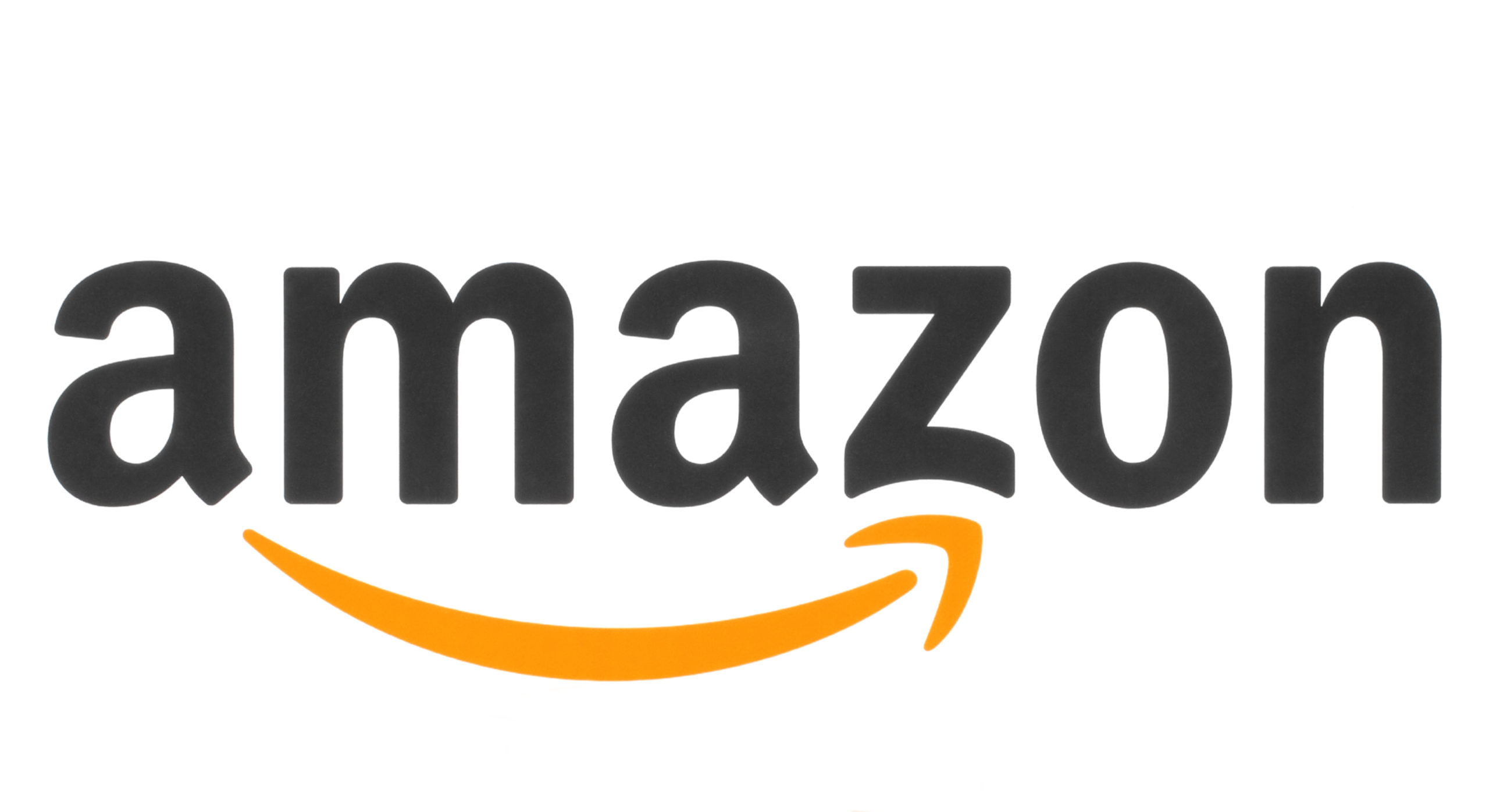
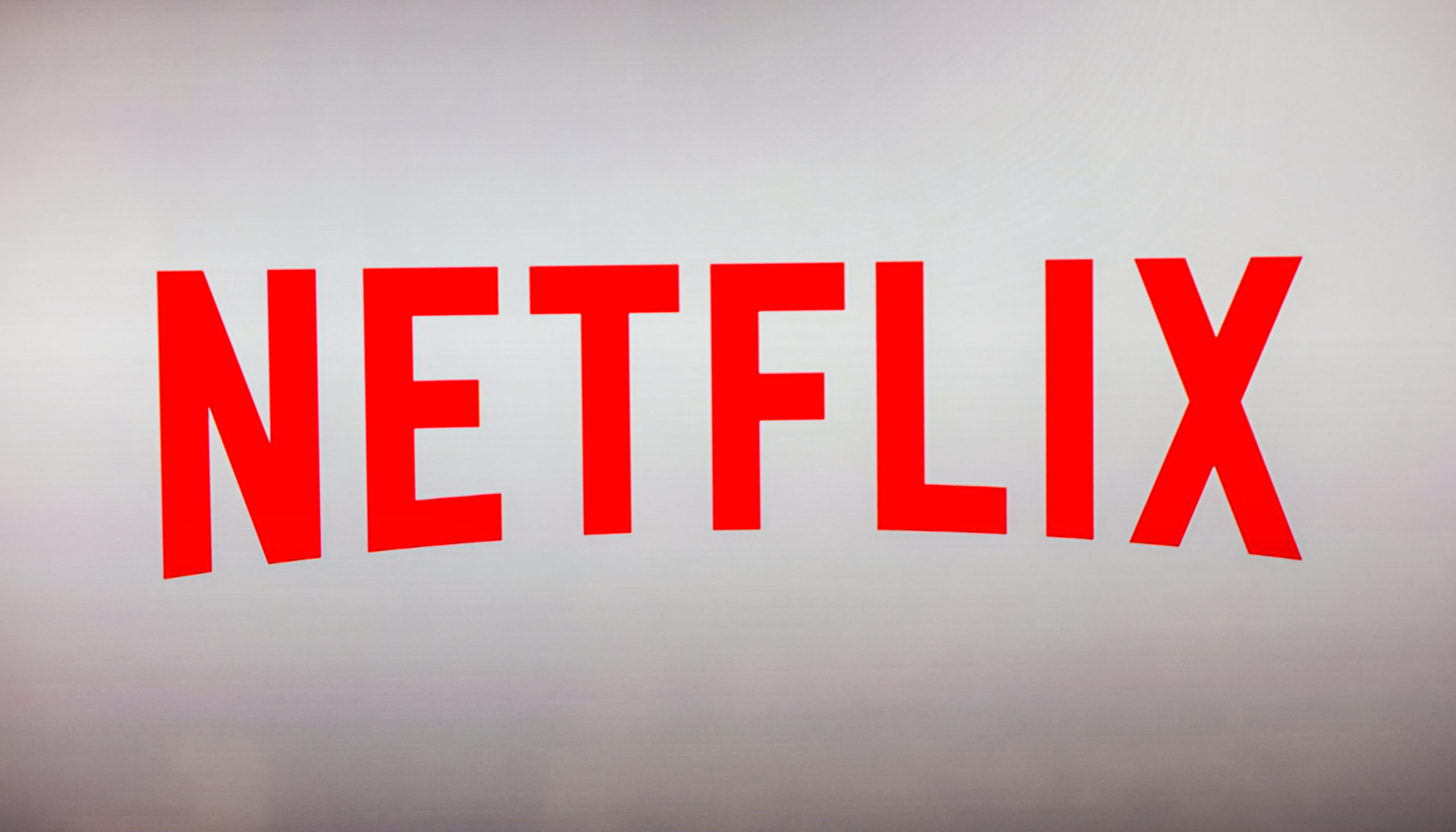
The good news, however, is that the new normal is far less doom and gloom as it is delight and excite. If we, like Einstein, can start to better leverage our intuitive capabilities in shaping our business strategies, we can become a master alchemist and transform the unknown to the known. In the same way Netflix unintentionally transformed the inconvenience of Blockbuster Video into an efficient hybrid of Cable Television and our local Multiplex, or Amazon, seeking to end the frustration of finding a place to sit in the local Barnes and Noble, created an all-knowing, finger-activated shopping mall for everything, we too can transform our mom and pop shops into highly-profitable, passion-fueled businesses that don’t just bring about positive change in our customers lives, but simultaneously provide us with the long sought after feeling of living to work rather than working to live.
The coronavirus has brought forth rather chaotic circumstances, but from chaos comes order, and the opportunity to build a new approach in how we run our business and what in our business is important to us is available. We have what is referred to as “white space” in which to create something innovative and disruptive; all that is required is an initial step in presenting a unique solution for one of the many unprecedented problems we have become aware of in the past eight months.
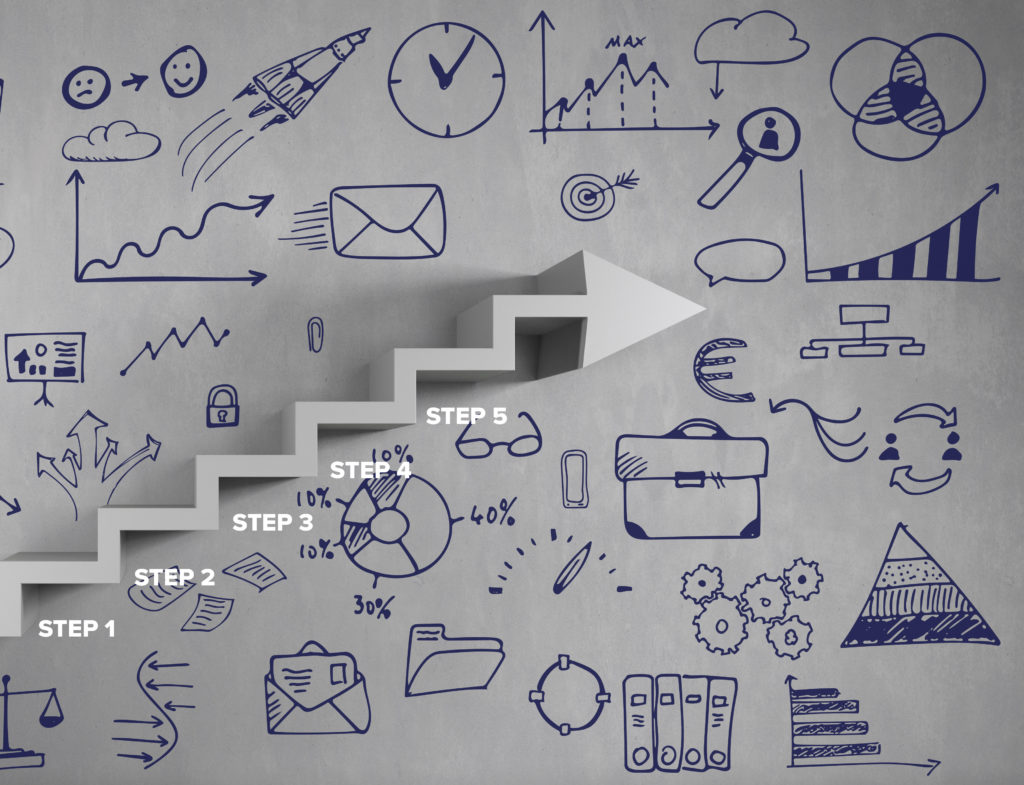
The Five Steps to Improving your Intuition
Step One: There are no steps to follow.
Steps Two through Five: As above
While step by step instructions can certainly help you cook a meal or operate a piece of machinery, it is most people’s experience that mastery of cooking or manufacturing comes from much more than a cookbook or operator’s manual. It is the “feel” for something that opens up the subtle layer of what we call mastery.
With intuition there is indeed work to be done, but that work is not so much a need to learn or practice something as much as it is a process of unlearning something by seeing it with a new perspective. In this case, what we must unlearn is our problematic belief that solutions must be born from within our minds.
When we remove the cloud of confusion that has engulfed the world as a result of the pandemic, even if just for a brief moment, we come to realize that the world, more than any point in recent history, is obsessed with their health, wellness and disease prevention. In addition, at the same speed that society is working to improve their internal defense systems with vitamin D and probiotics, the technology industry has accelerated the means by which people can connect effectively without leaving the comfort of their home; and the desire to connect has only been strengthened by the increased feelings of isolation as we wait for this unfortunate situation to pass.

And let’s not forget the growing excitement around CBD. Whether it be the surging stock market bringing renewed visibility to the compound or the increased body of research suggesting that CBD and other cannabinoids may in fact be even more powerful tools for total body wellness, there is no better business to be in at the moment.
The time has come to embrace your inner Einstein, recognize the important balance between thought and intuition, and start unlearning your way to a new normal filled with your own individualized color pallet.
In part 2 of this blog, we will delve more deeply into why the mind and thought has become so dominant in our daily lives and left us in a rather continuous state of analysis paralysis; and how to start striking the balance between thought and intuition on our path to success in the new normal. In the meantime, my gut tells me that at least some of you will allow these words to sink in and set the stage for the next chapter in your success and personal growth.
Join us next week for Gabriel’s Part 2 for a deep dive into how to balance thought and intuition.
About Zilis’ Scientific Research & Development Department
Our Scientific Research and Development Department is headed up by Dr. Marielle Weintraub, a hemp industry expert. She holds a master’s and a PhD in Behavioral Neuroscience and is very active in many dietary supplement and hemp industry trade associations, including her role as the current President of the U.S. Hemp Authority. Dr. Weintraub is committed to the continued development of hemp-specific information and testing to fulfill the Zilis mission.
Science posts for Discover are co-researched and co-written by Kelly McGill, Senior Scientific Technical Writer at Zilis. Kelly holds a bachelor’s degree in English and a master’s in Linguistics / TESL. She has been writing science-related content for over 20 years and is an expert in making difficult concepts easy to understand.
Zilis is the creator of UltraCell™, a CBD oil product derived from hemp. Based in Argyle, Texas, a suburb of Dallas-Fort Worth, Zilis is privately held. Visit zilis.com for more information.
SHARE THIS POST
ABOUT THIS BLOG
Discover : The blog with the lifestyle, nutrition, science, and history of the hemp industry.
It’s your go-to for the most up-to-date information on hemp, CBD, dietary supplements, and more! Check it out!





